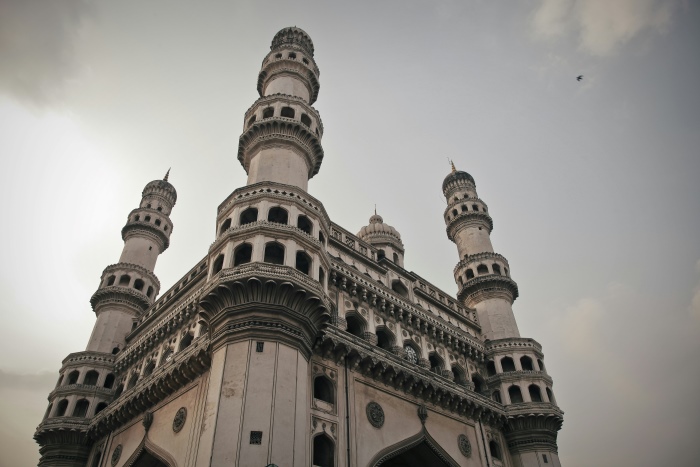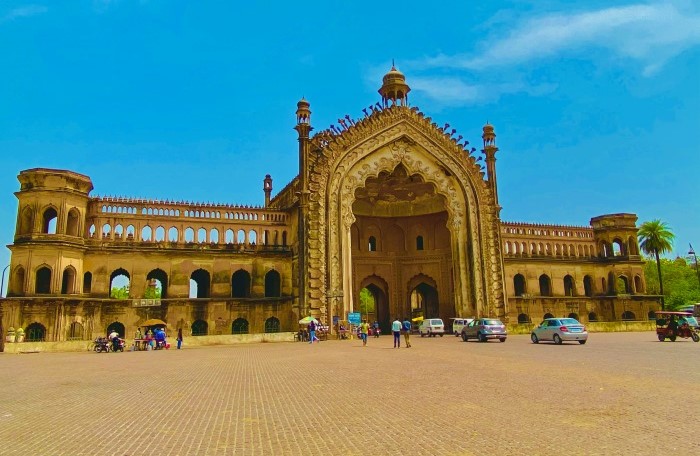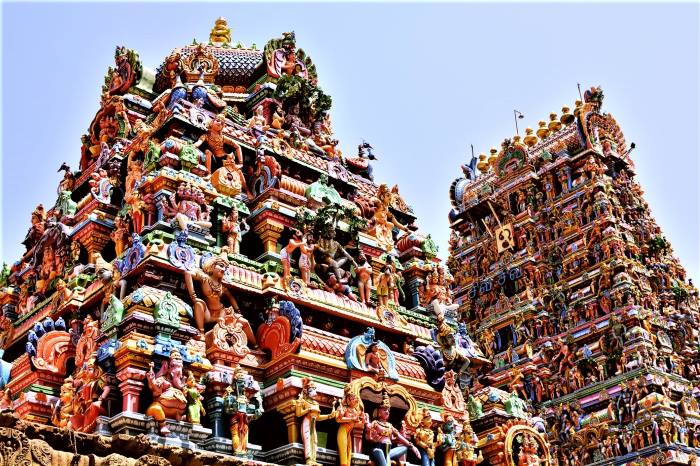Welcome to Allahabad—now officially Prayagraj—a city where spirituality, history, and culture converge like the holy Triveni Sangam. Nestled at the confluence of the Ganga, Yamuna, and the mythical Saraswati, this ancient city has been the silent witness to empires, revolutions, and the very soul of India. From the grand Kumbh Mela to the intellectual legacy of the Nehrus, Allahabad is more than a city; it’s where India’s past and present meet.
A Walk Through Time: The Historical Soul of Allahabad
Allahabad’s history stretches back to Vedic times, mentioned in ancient scriptures as “Prayag”—the place of the primordial sacrifice. Over centuries, it became a center of power for Mauryas, Guptas, Mughals, and the British.
The Triveni Sangam remains the city’s spiritual heart, where pilgrims gather to dip in the sacred waters. The majestic Allahabad Fort, built by Emperor Akbar in 1583, houses the legendary Akshayavat tree said to grant immortality. Nearby, Anand Bhavan stands as a living museum of India’s freedom struggle, its rooms echoing with the footsteps of the Nehru family.
History lives too in Alfred Park, where revolutionary Chandrashekhar Azad made his last stand against the British, and in the serene Mughal-era Khusro Bagh, its sandstone tombs whispering stories of royal intrigue.
Spiritual Epicenter: The Kumbh Mela and Beyond
Every twelve years, Allahabad transforms into the stage for the Kumbh Mela, the largest human gathering on Earth. Millions come to bathe where the rivers meet, believing the waters can wash away lifetimes of sin. But spirituality here isn’t confined to grand events—it pulses through daily life.
At dawn, priests in saffron robes perform aarti ceremonies along the ghats, their lamps floating like stars on the river’s surface. The unique Lete Hanuman Temple draws devotees to its reclining idol, while the Gothic spires of All Saints Cathedral offer quiet reflection.
The Intellectual & Literary Legacy
Allahabad earned its reputation as the “Oxford of the East” through institutions like Allahabad University and the storied Allahabad High Court. This is the city that shaped Jawaharlal Nehru and Indira Gandhi, where Harivansh Rai Bachchan penned his immortal “Madhushala,” and where Mahadevi Verma revolutionized Hindi literature.
The legacy continues in the lively debates at Coffee House, where students and scholars dissect everything from politics to poetry over steaming cups of chai.
Culinary Delights: From Street Food to Royal Feasts
Allahabad’s food tells its own history. At Netram, crispy kachoris crackle under the weight of spicy potato curry, while El Chico’s legendary chhole bhature fuel morning commutes. The city’s sweet tooth finds satisfaction in Thaggu ke Laddoo, whose playful slogan—”Eat and get trapped!”—belies its irresistible taste.
By the ghats, vendors serve steaming chai as the sun rises, the perfect accompaniment to watching the rivers merge their distinct hues—the Ganga’s pale blue swirling with the Yamuna’s deeper green.
Modern Allahabad: Blending Tradition & Progress
While deeply rooted in history, Allahabad moves forward. The New Yamuna Bridge’s sleek architecture spans the river alongside ancient ghats. Prayagraj Junction buzzes as one of India’s busiest railway stations, while smart city initiatives bring modern infrastructure without erasing the past.
Why Allahabad Stays With You Forever
Allahabad imprints itself on visitors. It’s in the cool touch of Sangam waters at dawn, the crunch of a perfect kachori, the way temple bells harmonize with train whistles. This city doesn’t just show you history—it lets you stand where empires rose and fell, where revolutionaries plotted independence, where pilgrims have sought salvation for millennia.
Plan your journey to Allahabad (Prayagraj) with Travellers Atlas—where every corner echoes with stories, and every moment connects you to India’s living heritage.
pc: Photo by Anil Jose Xavier on Unsplash





